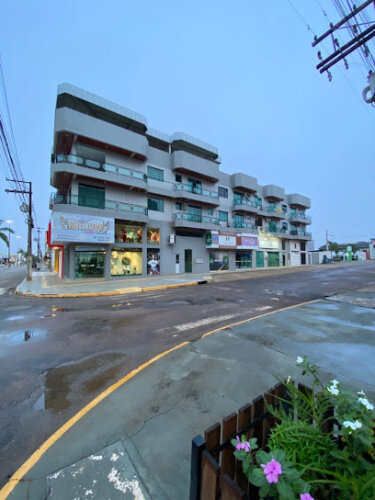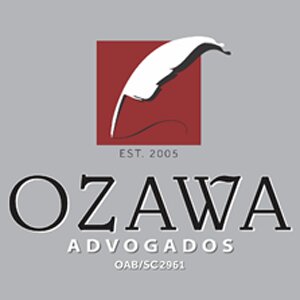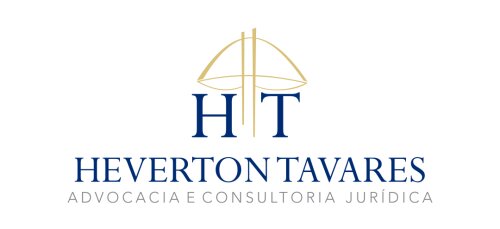Best Education Law Lawyers in Brazil
Share your needs with us, get contacted by law firms.
Free. Takes 2 min.
Or refine your search by selecting a city:
List of the best lawyers in Brazil
About Education Law in Brazil
Education Law in Brazil encompasses regulations and policies that govern the educational system, ensuring the right to education for all citizens. It includes a wide array of legal issues related to public and private education institutions, student rights, teacher employment matters, curriculum standards, and educational funding. Brazilian Education Law is founded on the Federal Constitution, which mandates free and compulsory basic education. The main legal framework guiding education is the Law on Guidelines and Bases of National Education (Lei de Diretrizes e Bases da Educação Nacional), which outlines the rights and responsibilities within the education sector.
Why You May Need a Lawyer
There are several reasons why individuals or institutions may require the assistance of a lawyer specializing in Education Law in Brazil:
- Disputes over student rights or disciplinary actions taken by educational institutions.
- Legal issues related to special education and inclusive education needs.
- Challenges in regulatory compliance for private schools or higher education institutions.
- Matters concerning teacher employment and labor disputes.
- Conflicts regarding curriculum standards or educational content.
- Issues with government funding or financial aid for educational programs.
- Advising on education reforms or policy changes.
Local Laws Overview
The key aspects of local laws that are particularly relevant to Education Law in Brazil include:
- The Federal Constitution: Establishes education as a fundamental right and outlines the responsibilities of federal, state, and municipal governments in providing education.
- Law of Guidelines and Bases of National Education: Known as LDB, this is the primary legislative framework for education, covering everything from basic to higher education.
- The Child and Adolescent Statute: Provides for the comprehensive rights of children and adolescents in all sectors, including education.
- National Education Plan: Sets objectives and strategies for educational advancement and quality improvement across the country.
Frequently Asked Questions
What is the main legal framework for education in Brazil?
The main legal framework is the Law on Guidelines and Bases of National Education (LDB), which sets the standards for educational policy, access, and quality across the country.
Is education a fundamental right in Brazil?
Yes, according to the Federal Constitution, education is a fundamental right for all Brazilians and is mandatory and free for basic education.
How are educational rights enforced for students with disabilities?
Status and rights for students with disabilities are protected under the Law on Directives and Bases for National Education, which mandates inclusiveness and access to education for students with special needs.
What should I do if my child faces discrimination at school?
If your child faces discrimination, it’s important to contact a lawyer knowledgeable in Education Law, as well as report the issue to school authorities and the local education department.
How are private schools regulated in Brazil?
Private schools in Brazil must comply with national educational standards set by the Ministry of Education, including curriculum and quality benchmarks.
Can parents homeschool their children in Brazil?
As of now, homeschooling is not officially recognized by Brazilian law and children are required to attend formal school structures according to national regulations.
What are my rights if my child is expelled from school?
You have the right to appeal the decision through administrative processes within the school or through legal action if necessary.
What role does the Ministry of Education play in local education issues?
The Ministry of Education establishes nationwide educational policies, ensuring standards for teaching, curriculum, and quality in schools.
How can I become involved in my child’s educational policymaking?
Parents can participate in school boards, community education councils, and other forums where educational policies and programs are discussed.
What legal protections exist for teachers in Brazil?
Teachers are protected under various labor laws that ensure fair employment practices, including fair wages, contracts, and working conditions.
Additional Resources
For further information and assistance, consider the following resources:
- Ministry of Education (Ministério da Educação): Provides comprehensive resources and guidance on national education policies.
- National Institute for Educational Studies and Research (INEP): Conducts research and offers data on the Brazilian education system.
- Ombudsman for Education (Ouvidoria da Educação): A government body addressing complaints and issues related to education.
- Center for Educational Research and Documentation (CENPEC): Offers research and resources on educational practice and policy.
Next Steps
If you need legal assistance in Education Law in Brazil, consider the following steps:
- Consult with a specialized lawyer: Seek out legal professionals with expertise in Education Law to understand your rights and options.
- Gather relevant documentation: Collect all necessary documents and details pertinent to your legal matter for the initial consultation.
- Explore alternative dispute resolution: Consider negotiation or mediation as a means to resolve disputes outside of court when feasible.
- Connect with local education authorities: Report issues and seek advice from bodies such as local education departments to address concerns.
Taking these steps will help guide you through the process of addressing legal concerns within the field of Education Law in Brazil effectively and efficiently.
Lawzana helps you find the best lawyers and law firms in Brazil through a curated and pre-screened list of qualified legal professionals. Our platform offers rankings and detailed profiles of attorneys and law firms, allowing you to compare based on practice areas, including Education Law, experience, and client feedback.
Each profile includes a description of the firm's areas of practice, client reviews, team members and partners, year of establishment, spoken languages, office locations, contact information, social media presence, and any published articles or resources. Most firms on our platform speak English and are experienced in both local and international legal matters.
Get a quote from top-rated law firms in Brazil — quickly, securely, and without unnecessary hassle.
Disclaimer:
The information provided on this page is for general informational purposes only and does not constitute legal advice. While we strive to ensure the accuracy and relevance of the content, legal information may change over time, and interpretations of the law can vary. You should always consult with a qualified legal professional for advice specific to your situation.
We disclaim all liability for actions taken or not taken based on the content of this page. If you believe any information is incorrect or outdated, please contact us, and we will review and update it where appropriate.
Browse education law law firms by city in Brazil
Refine your search by selecting a city.















